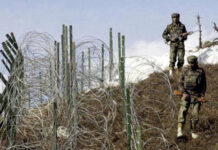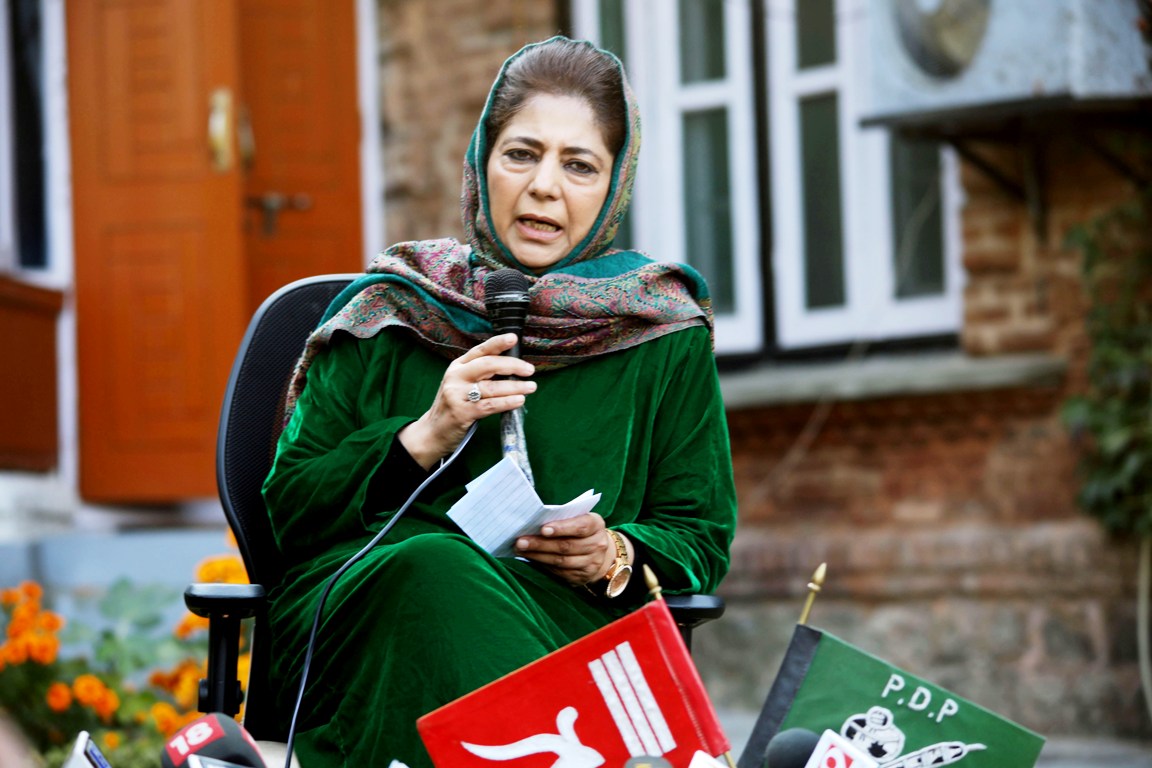KL NEWS NETWORK
SRINAGAR
The New York Times on its August 19 editorial has called for the need of restraint in Kashmir saying that more than 50 years after India and Pakistan were created in the partition of the British colonial empire, the disputed region of Kashmir remains a dangerous flash point.
“Cross-border violence has surged in recent months, raising new fears that the attacks could spiral out of control and set off another war between the two nuclear-armed adversaries,” the editorial board wrote.
In the last week alone, India and Pakistan have traded heavy gunfire and mortars almost daily across the Line of Control, which divides Kashmir into regions controlled by each side. Many civilians have been killed or wounded in the violence, including eight killed and 14 wounded on Sunday, according to officials.
“Each side blames the other. Experts say Pakistan has been testing Prime Minister Narendra Modi, who, in a break with his predecessor, has vowed not to ignore attacks by Pakistan-backed militants on Indian targets. On July 27, gunmen dressed in military fatigues attacked an Indian police station near the border with Pakistan and at least nine people were killed.”
The incident came after Modi met Pakistan’s prime minister, Nawaz Sharif, during a regional meeting in Russia. Pakistan’s army, which draws its power from a constant state of tension with India, has often interfered when political leaders have tried to improve relations between the two countries, the editorial said.
“Mr. Modi’s wish to strike back is understandable after many years of Indian restraint. But India, which is considerably stronger and more successful than Pakistan, has the most to lose if another war erupts. Mr. Modi recently became the first Indian prime minister in 34 years to visit the United Arab Emirates, which had been one of Pakistan’s biggest supporters but now sees the value in closer ties with India. In a joint statement, India and the emirates condemned the use of religion to justify terrorism and agreed to cooperate in counterterrorism operations.”
















kashmirs issue is only long standing issue which can bring two countries face to face in the battle field,
India might lose a lot of things, but this time around Pakistan should cease to exist as a nation post-war.